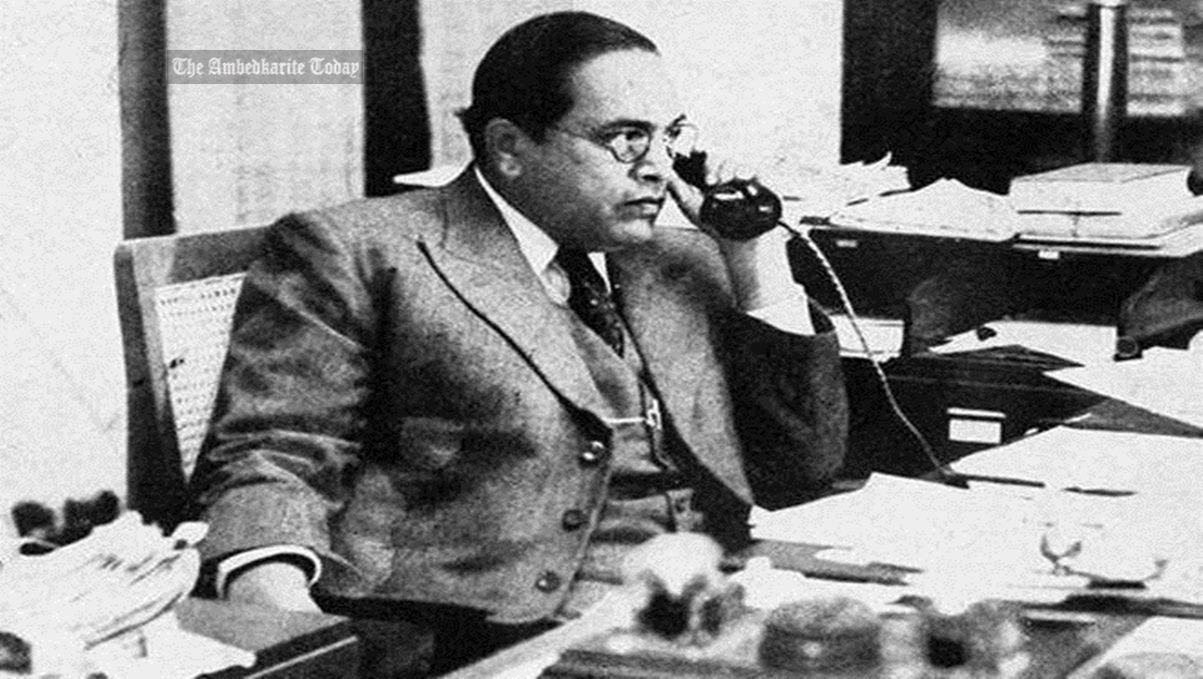Some may not understand what I mean by destruction of Religion; some may find the idea revolting to them, and some may find it revolutionary. Let me therefore explain my position. I do not know whether you draw a distinction between principles and rules. But I do. Not only do I make a distinction, but I say that this distinction is real and important. Rules are practical; they are habitual ways of doing things according to prescription. But principles are intellectual; they are useful methods of judging things. Rules seek to tell an agent just what course of action to pursue. Principles do not prescribe a specific course of action. Rules, like cooking recipes, do tell just what to do and how to do it. A principle, such as that of justice, supplies a main heading by reference to which he is to consider the bearings of his desires and purposes; it guides him in his thinking by suggesting to him the important consideration which he should bear in mind.
[2:] This difference between rules and principles makes the acts done in pursuit of them different in quality and in content. Doing what is said to be good by virtue of a rule, and doing good in the light of a principle, are two different things. The principle may be wrong, but the act is conscious and responsible. The rule may be right, but the act is mechanical. A religious act may not be a correct act, but must at least be a responsible act. To permit of this responsibility, Religion must mainly be a matter of principles only. It cannot be a matter of rules. The moment it degenerates into rules, it ceases to be Religion, as it kills the responsibility which is the essence of a truly religious act.
[3:] What is this Hindu Religion? Is it a set of principles, or is it a code of rules? Now the Hindu Religion, as contained in the Vedas and the Smritis, is nothing but a mass of sacrificial, social, political, and sanitary rules and regulations, all mixed up. What is called Religion by the Hindus is nothing but a multitude of commands and prohibitions. Religion, in the sense of spiritual principles, truly universal, applicable to all races, to all countries, to all times, is not to be found in them; and if it is, it does not form the governing part of a Hindu’s life. That for a Hindu, Dharma means commands and prohibitions, is clear from the way the word Dharma is used in the Vedas and the Smritis and understood by the commentators. The word Dharma as used in the Vedas in most cases means religious ordinances or rites. Even Jaimini in his Purva-Mimamsa defines Dharma as “a desirable goal or result that is indicated by injunctive (Vedic) passages.”
[4:] To put it in plain language, what the Hindus call Religion is really Law, or at best legalized class-ethics. Frankly, I refuse to call this code of ordinances as Religion. The first evil of such a code of ordinances, misrepresented to the people as Religion, is that it tends to deprive moral life of freedom and spontaneity, and to reduce it (for the conscientious, at any rate) to a more or less anxious and servile conformity to externally imposed rules. Under it, there is no loyalty to ideals; there is only conformity to commands.
[5:] But the worst evil of this code of ordinances is that the laws it contains must be the same yesterday, today, and forever. They are iniquitous in that they are not the same for one class as for another. But this iniquity is made perpetual in that they are prescribed to be the same for all generations. The objectionable part of such a scheme is not that they are made by certain persons called Prophets or Law-givers. The objectionable part is that this code has been invested with the character of finality and fixity. Happiness notoriously varies with the conditions and circumstances of a person, as well as with the conditions of different people and epochs. That being the case, how can humanity endure this code of eternal laws, without being cramped and without being crippled?
[6:] I have, therefore, no hesitation in saying that such a religion must be destroyed, and I say there is nothing irreligious in working for the destruction of such a religion. Indeed I hold that it is your bounden duty to tear off the mask, to remove the misrepresentation that is caused by misnaming this Law as Religion. This is an essential step for you. Once you clear the minds of the people of this misconception, and enable them to realize that what they are told is Religion is not Religion, but that it is really Law, you will be in a position to urge its amendment or abolition.
[7:] So long as people look upon it as Religion they will not be ready for a change, because the idea of Religion is generally speaking not associated with the idea of change. But the idea of law is associated with the idea of change, and when people come to know that what is called Religion is really Law, old and archaic, they will be ready for a change, for people know and accept that law can be changed.
[ This is the part 23 of the book Annihilation of Caste written by Dr Ambedkar. Annihilation of Caste is an undelivered speech written in 1936 by B. R. Ambedkar. B.R. Ambedkar was the first highly educated, politically prominent Dalit. He wrote The Annihilation of Caste for the 1936 meeting of a group of liberal Hindu caste-reformers in Lahore ]

